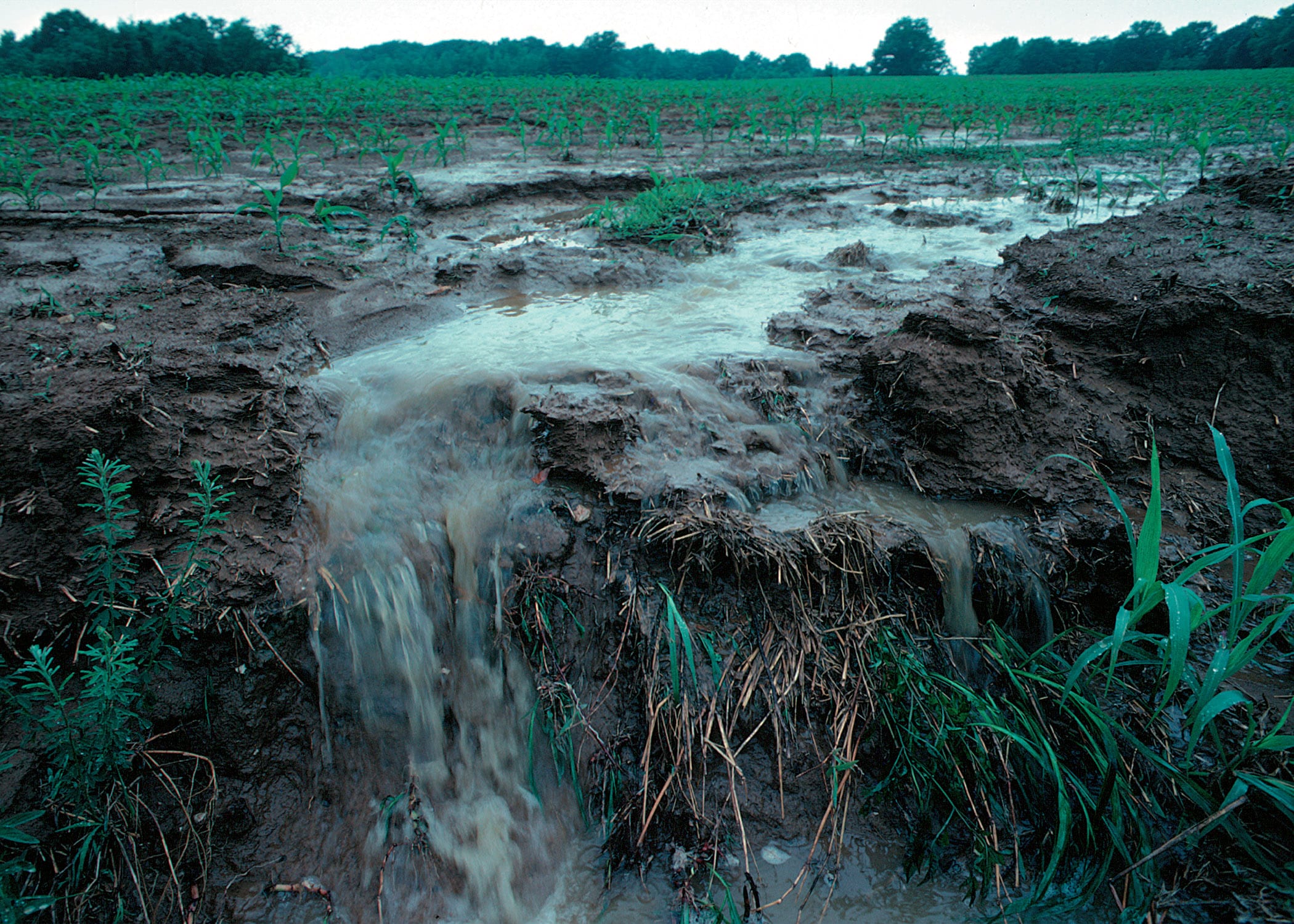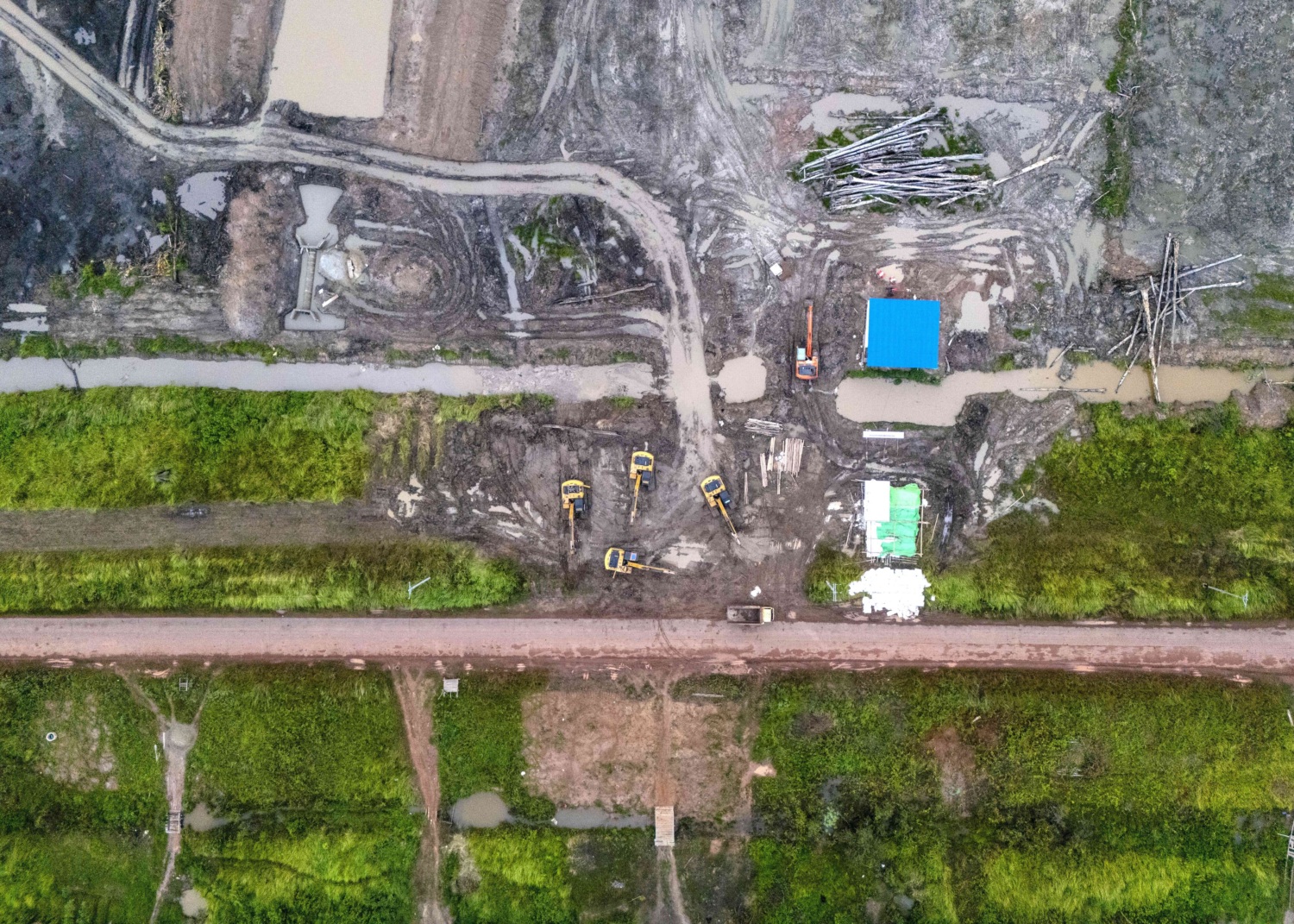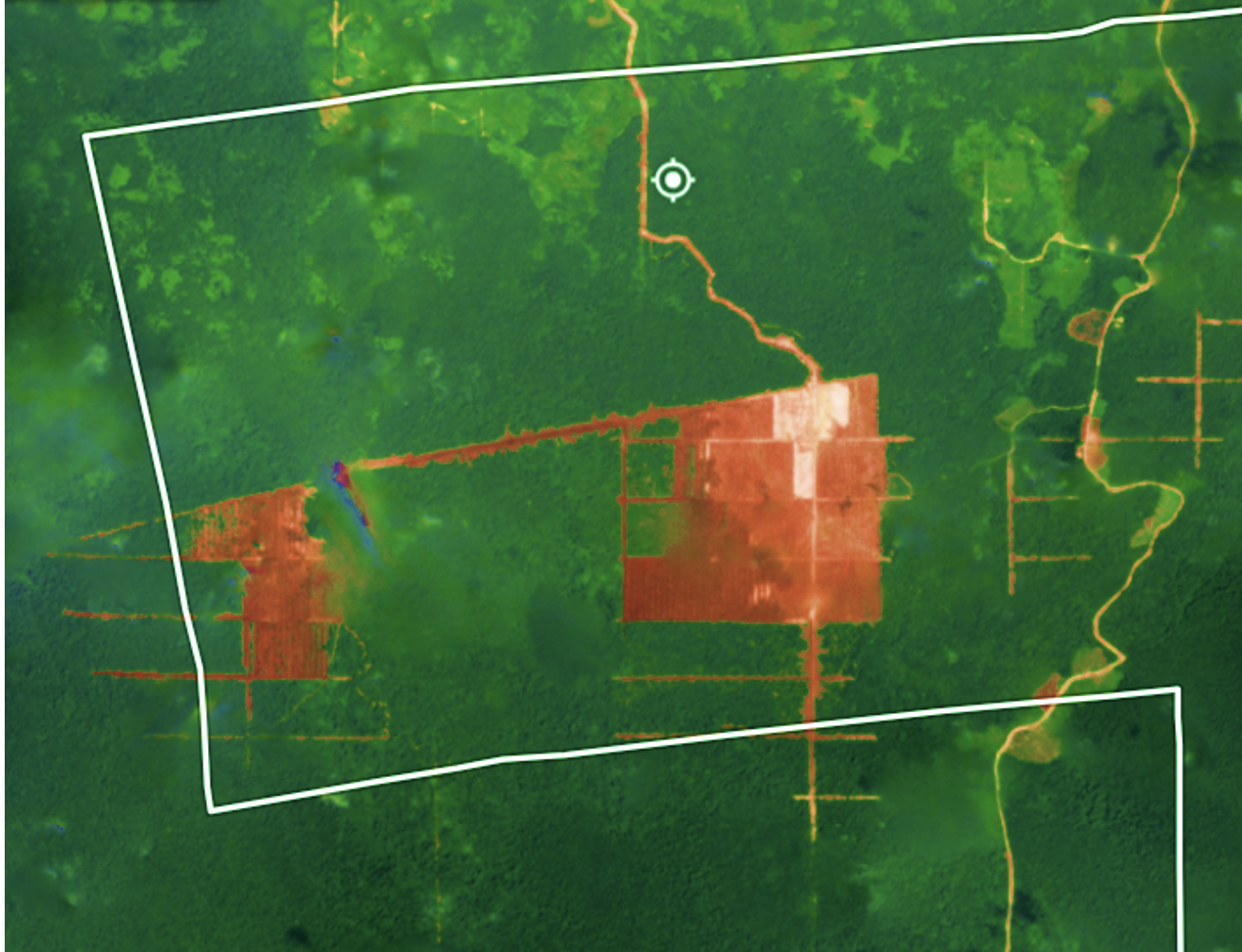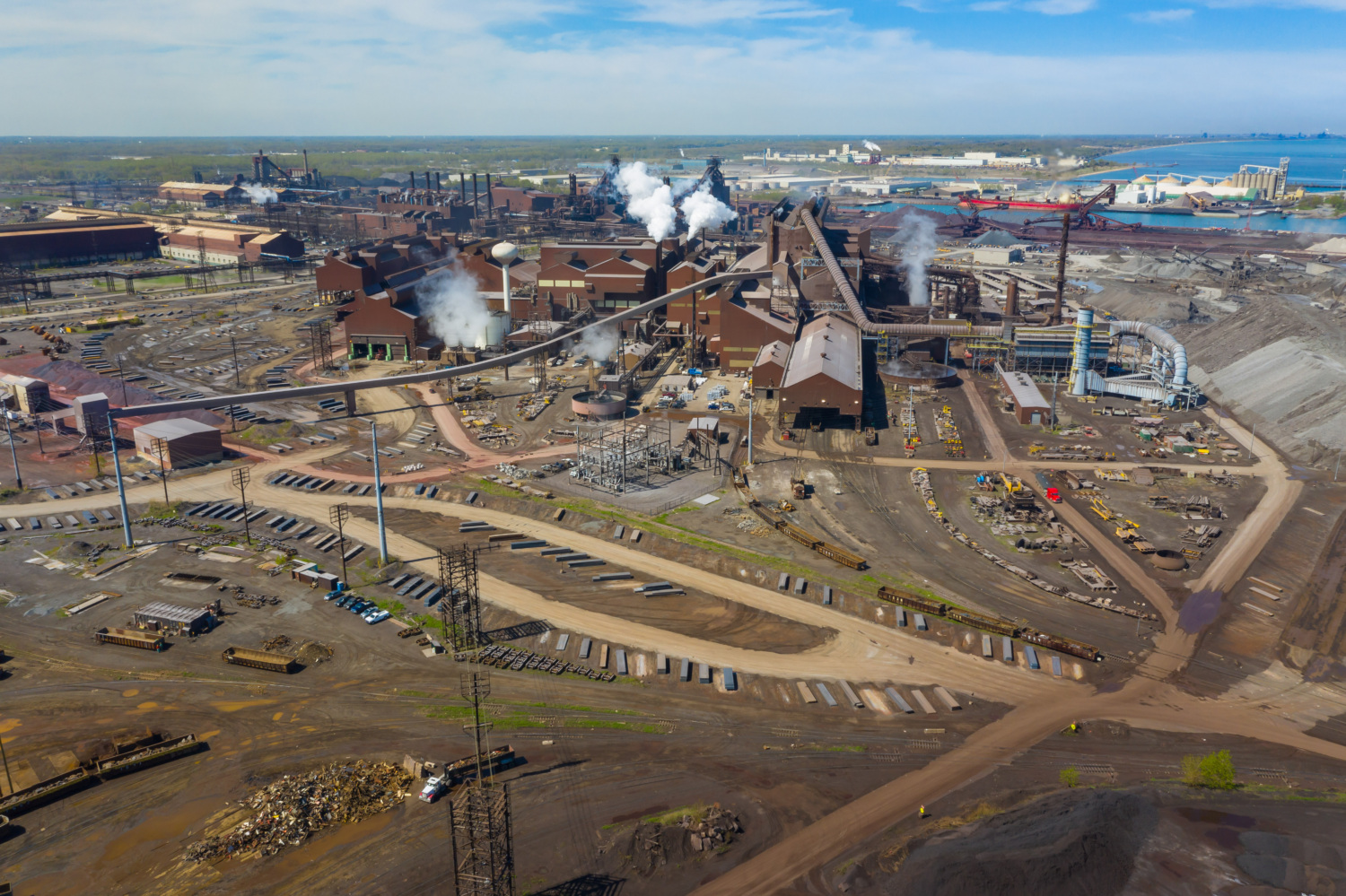
As Massive Dead Zone Blooms in Gulf, Hold Industrial Farming Companies Responsible
Today, the National Oceanic and Atmospheric Administration (NOAA) announced that scientists have determined that this year’s Gulf of Mexico “dead zone” is 6,952 square miles, nearly the size of New Jersey. In response, Mighty Earth Campaign Director Lucia von Reusner released the following statement:
“The collapse of one of our most important watersheds is tragic not only because of its size, impact on marine life, and consequences on Gulf economies – but because it’s entirely predictable and preventable. Uncontrolled runoff from industrial meat production flushed down the Mississippi River into the Gulf of Mexico is known to be the main source of pollution causing the dead zone. The raw sewage from livestock waste and runoff from grain fields washing into waterways across the Midwest has reached crisis levels – contaminating drinking water, causing toxic algae blooms, and deoxygenating important waterways throughout the Mississippi River watershed.
“The very predictability of this crisis is the most damning indictment. America’s meat companies know where their waste is going and what effect it has on water quality, but are content to leave these problems to communities downstream that have to foot the bill. This is shameless corporate abuse of our public waterways. It is time the companies responsible are held to account for cleaning up American waterways.
“As climate-fueled flooding becomes commonplace in America, the industrial meat companies like JBS and Cargill that are responsible for driving polluting farming practices must immediately take action to implement protections for America’s water.”
A recent Mighty Earth analysis showed that nearly 220 million tons of untreated animal waste and other pollutants washed freely off industrial farms into the Mississippi River watershed in 2018, endangering local water quality and ultimately contributing to the toxic algal blooms fueling the annual Gulf dead zone. This is 500 times more raw sewage than New York City produced during the same year. America’s largest meat companies have concentrated their slaughterhouses and processing facilities near waterways throughout the Mississippi River Basin that are increasingly prone to flooding, while failing to develop and implement practices to protect water quality.
Agricultural giant JBS, responsible for 80 million tons of pollution in 2018, was the top polluter identified in the analysis, while Cargill and Tyson were the most vulnerable to flooding. Polluted runoff from fields producing the vast quantities of animal feed used by these companies is another major source of water contamination causing the dead zone.
This announcement comes shortly after the publication of Mighty Earth’s “Cargill: Worst Company in the World” report, which documents decades of bad acts by Cargill and calls on the company to take action to address the negative impacts of its massive supply chain. Cargill is the second-largest feed beef processor in North America and the largest supplier of ground beef in the world.
Additional Resources:
- AUDIO: Mighty Earth – Dead Zone Briefing on the causes and effects of the Gulf Dead zone with Dr. Kanchan Maiti (Associate Professor, Department of Oceanography and Coastal Sciences; Louisiana State University), Dr. Gidon Eshel (Research Professor of Environmental Physics; Bard College), Lucia von Reusner (Campaign Director, US Agriculture; Mighty Earth), Lauren Jensen (Program Organizer, Clean Water Action Network Minnesota), and Raleigh Hoke (Campaign Director; Gulf Restoration Network)
- Analysis: Spring Floods Exacerbate Pollution from Factory Farms Washing into Gulf of Mexico
- Mighty Earth’s report on Cargill: “The Worst Company in the World”
- Mystery Meat II report on the impacts of corn and soy cultivation required to raise livestock and poultry


